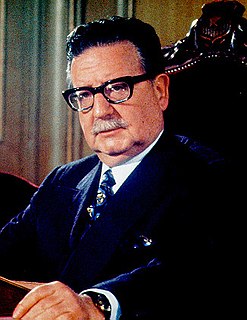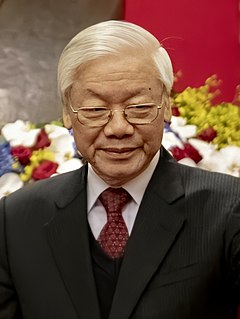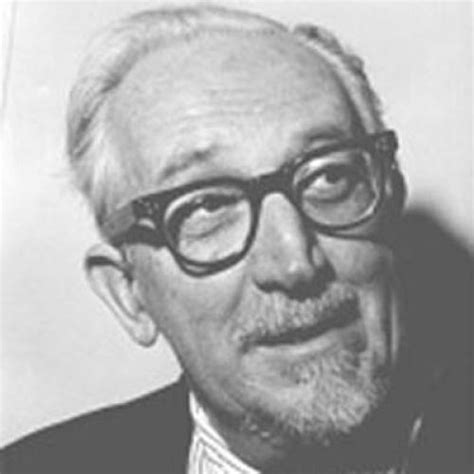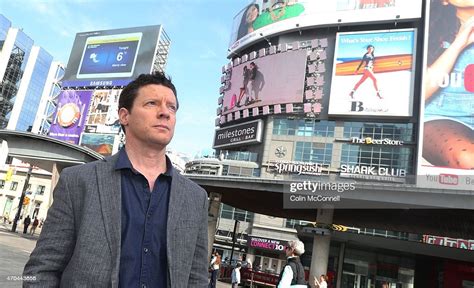A Quote by Albert Einstein
Nevertheless, it is necessary to remember that a planned economy is not yet socialism. A planned economy as such may be accompanied by the complete enslavement of the individual. The achievement of socialism requires the solution of some extremely difficult socio-political problems: how is it possible, in view of the far-reaching centralisation of political and economic power, to prevent bureaucracy from becoming all-powerful and overweening? How can the rights of the individual be protected and therewith a democratic counterweight to the power of bureaucracy be assured?
Quote Topics
Achievement
Assured
Becoming
Bureaucracy
Complete
Democratic
Difficult
Economic
Economic Power
Economy
Enslavement
Extremely
Far
How
Individual
May
Necessary
Nevertheless
Planned
Political
Possible
Power
Powerful
Prevent
Problems
Protected
Reaching
Remember
Requires
Rights
Socialism
Solution
Some
View
Related Quotes
Needless to say, under either system [socialism or fascism], the inequalities of income and standard of living are greater than anything possible under a free economy -- and a man's position is determined, not by his productive ability and achievement, but by political pull and force. Under both systems, sacrifice is invoked as a magic, omnipotent solution in any crisis -- and "the public good" is the altar on which victims are immolated.
We in the West have arranged our institutions to prevent the concentration of political power. … But we have failed utterly to prevent the concentration of economic power, or take account of how such concentration damages the conditions under which full human flourishing becomes possible (it is never guaranteed).
The difference between [socialism and fascism] is superficial and purely formal, but it is significant psychologically: it brings the authoritarian nature of a planned economy crudely into the open. The main characteristic of socialism (and of communism) is public ownership of the means of production, and, therefore, the abolition of private property. The right to property is the right of use and disposal. Under fascism, men retain the semblance or pretense of private property, but the government holds total power over its use and disposal.
Democracy, taken in its narrower, purely political, sense, suffers from the fact that those in economic and political power possess the means for molding public opinion to serve their own class interests. The democratic form of government in itself does not automatically solve problems; it offers, however, a useful framework for their solution. Everything depends ultimately on the political and moral qualities of the citizenry.
Without calculation, economic activity is impossible. Since under Socialism economic calculation is impossible, under Socialism there can be no economic activity in our sense of the word All economic change, therefore, would involve operations the value of which could neither be predicted beforehand nor ascertained after they had taken place. Everything would be a leap in the dark. Socialism is the renunciation of rational economy.
A permanent and sustainable solution to all the problems facing working people is possible by taking the biggest companies into democratic ownership, and reorganizing the economy on a democratically planned basis. Under such a system we could democratically decide how to allocate resources. We could rapidly transition away from fossil fuels, develop massive jobs programs to rebuild the country's rotting infrastructure, and begin to build a whole new world based on meeting the needs of the majority, not the profits of a few.
The question is, how do you stop the power elite from doing as much damage to you as possible? That comes through movements. It's not our job to take power. You could argue that the most powerful political figure in April of 1968 was Martin Luther King. And we know Johnson was terrified of him. We have to accept that all of the true correctives to American democracy came through these movements that never achieved formal political power and yet frightened the political establishment enough to respond.



































